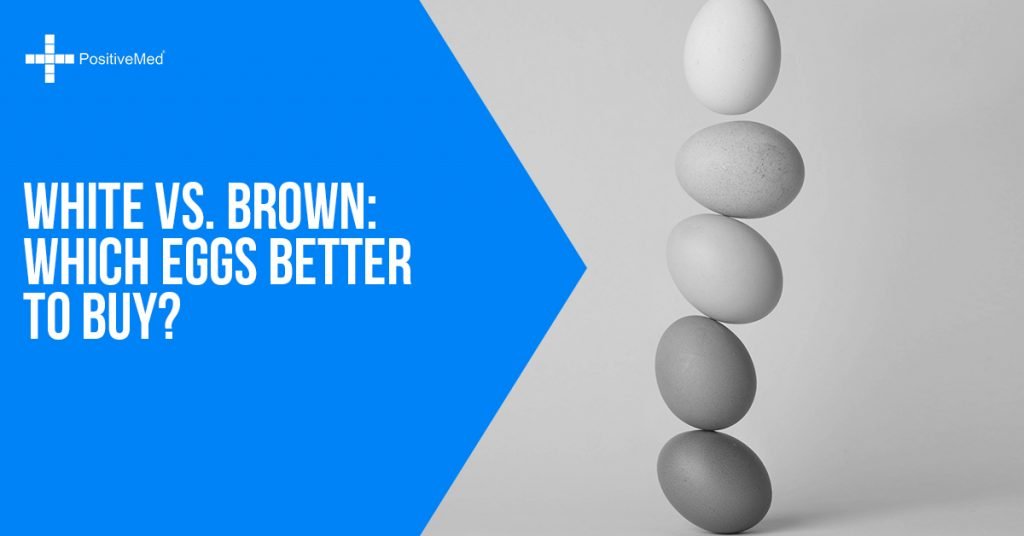Many people have a preference for the color of the eggshells they buy. Some feel that brown is more wholesome and nutritious, while others cannot imagine eating anything but a white egg. Does the color of the egg make a big difference in taste? Which eggs better to buy? Recently, many have been shocked to learn that the eggshell’s color does not affect the nutritional value of the egg. It won’t affect the quality, flavor, or characteristics. Why are the brown eggs so much more expensive if they don’t provide any additional nutrients? The answer is quite simple.

The Brown Egg Price Increase
Hens that lay brown eggs are much larger than those that lay white eggs. Yes, hens dictate the color of eggs based on their genealogy. Each breed has the predisposition to produce a specific color of the egg. Industry professionals know which chicken will lay what kind of eggs. For example, white leghorns lay white eggs. The Rhode Island Reds lay brown eggs. Chicken farmers quickly learn which chicken will give them the egg color they want.
According to the American Egg Board, brown egg-producing chickens require more feed to accommodate their larger size. The extra care and feed that these hens require is a huge expense to the farmer. Farmers pass that expense along to the consumer. Because a farmer can ask more for brown eggs, it is still a wise business investment to choose this type of laying hen. The market for these eggs continues to swell as the misconceptions of their added nutrients is widely believed. Now, to be fair, there is a microscopic amount of Omega-3’s fatty acids found among the brown eggs. However, the amount is so negligible that it does not affect the nutritional aspects.
RELATED ARTICLE: This Study Will Make You Eat an Egg a Day
Do They Feathers Have Anything To Do With The Bird’s Eggs?
A widespread belief is that hens who have darker feathers and spots of red on their earlobes will produce brown eggs. On the other hand, white hens with white earlobes are said to produce white eggs. A specialist at North Carolina State University, Kenneth Anderson, says that this prevalent belief is false. It all goes back to the chicken’s genetics and not their feathers. The egg’s hue is dictated by their ancestors, not their downs. Some chickens will lay brown, white or green eggs. It is just the luck of the draw.
Which Egg is Best?
When it comes to the consumer, making the selection is likely to be on the eggs their parents bought. Most people feel comfortable buying for their families the types of eggs they were raised on. Chickens that lay the brown eggs require more care, so their eggs may be richer in color. Though it won’t affect the taste, many prefer these “organic” style eggs. The white eggs are just as healthy, though they lack at the beautiful color of their shell. When it comes down to it, there is no eggs better for you to buy, it is all about preference.






